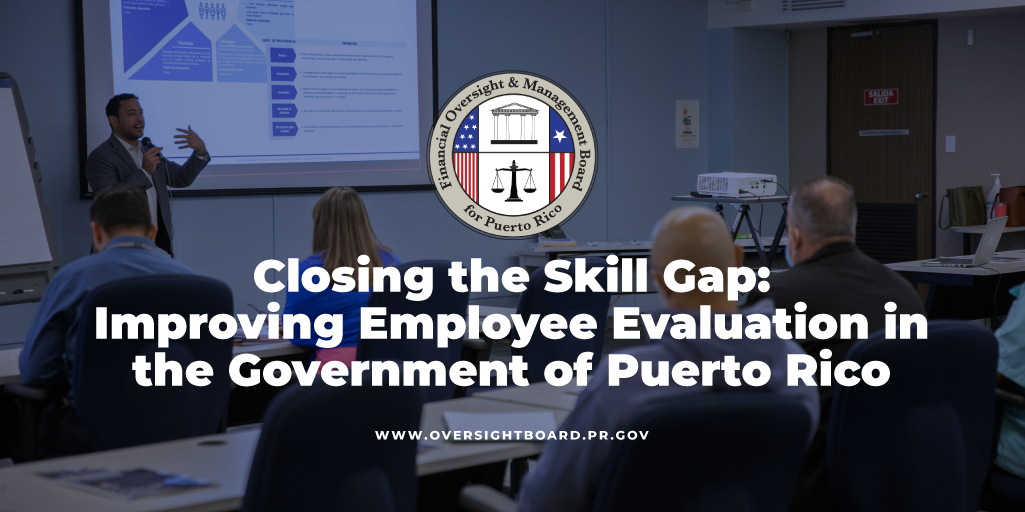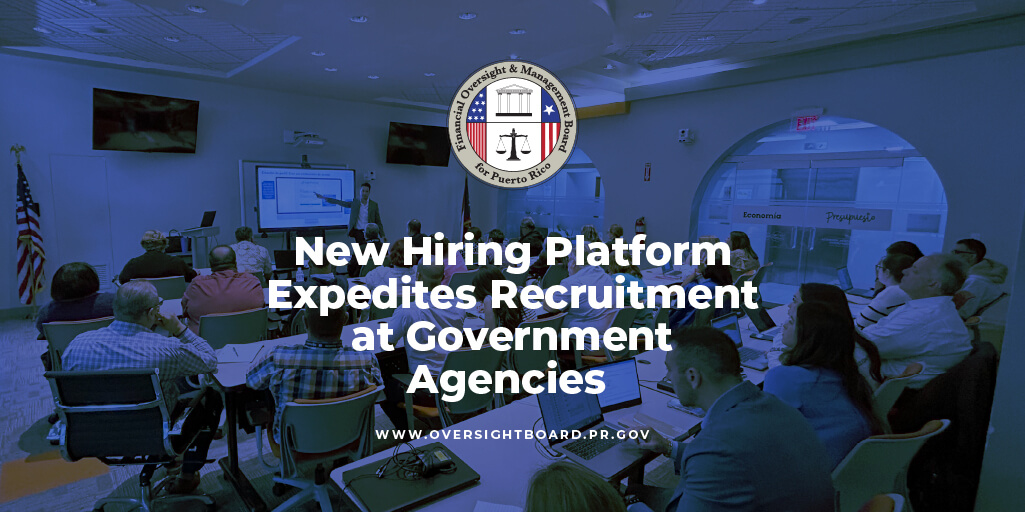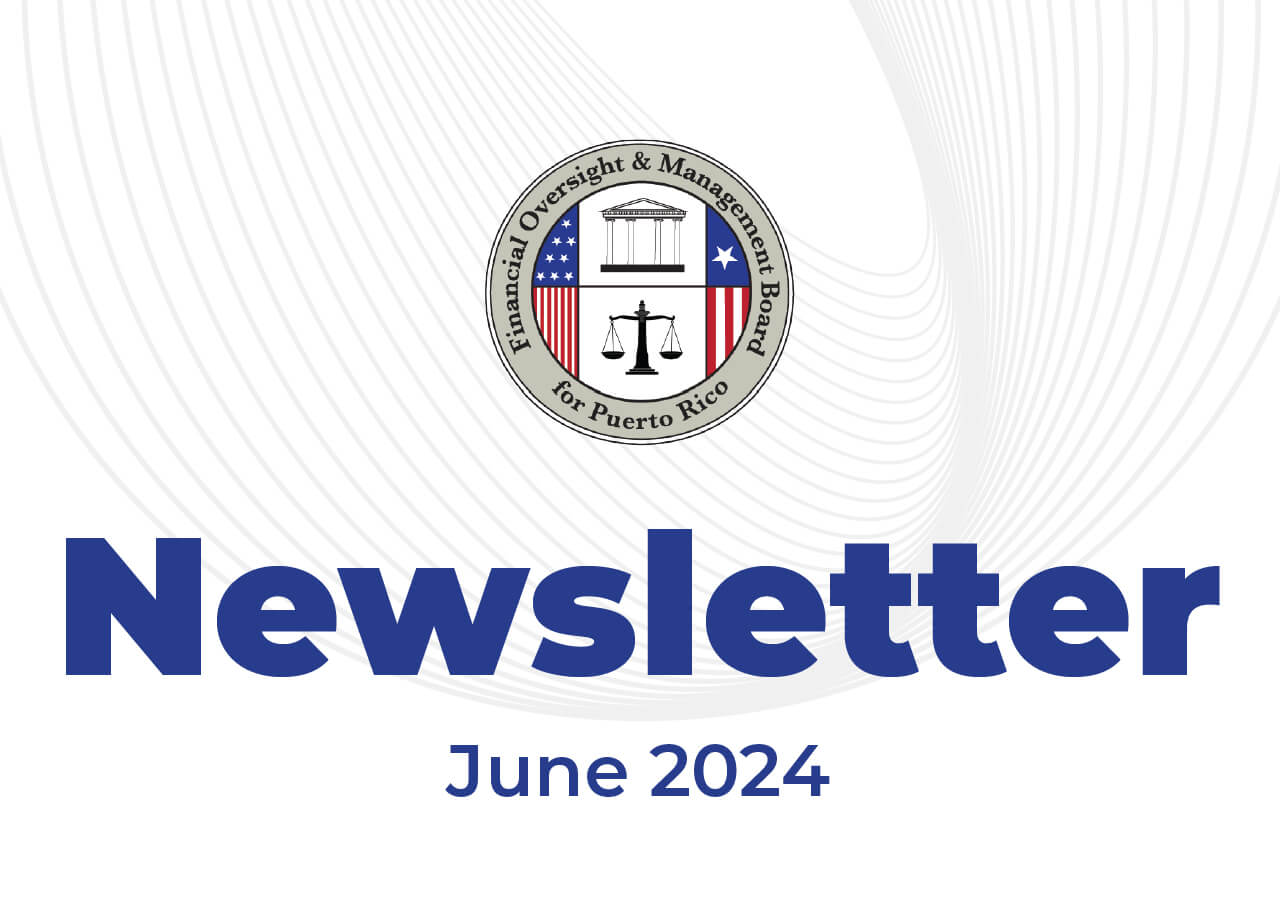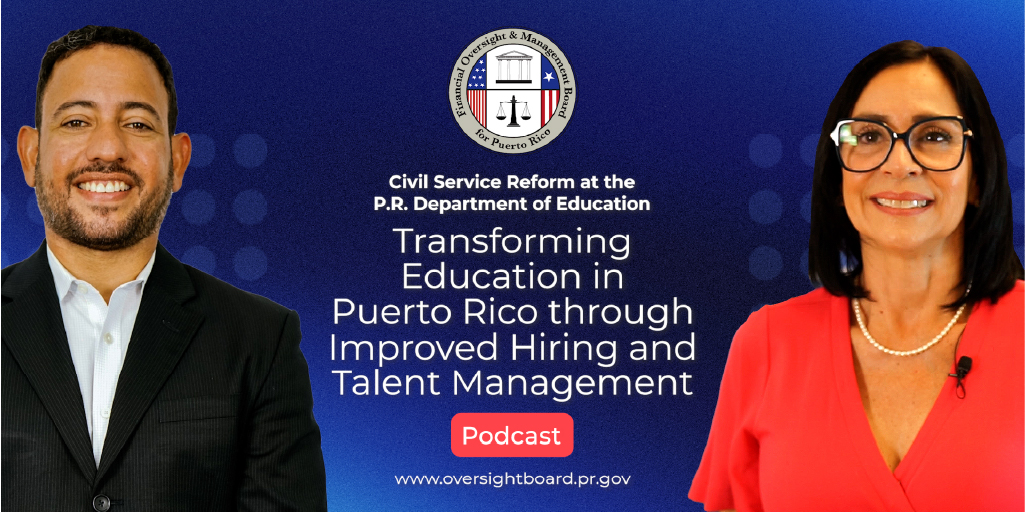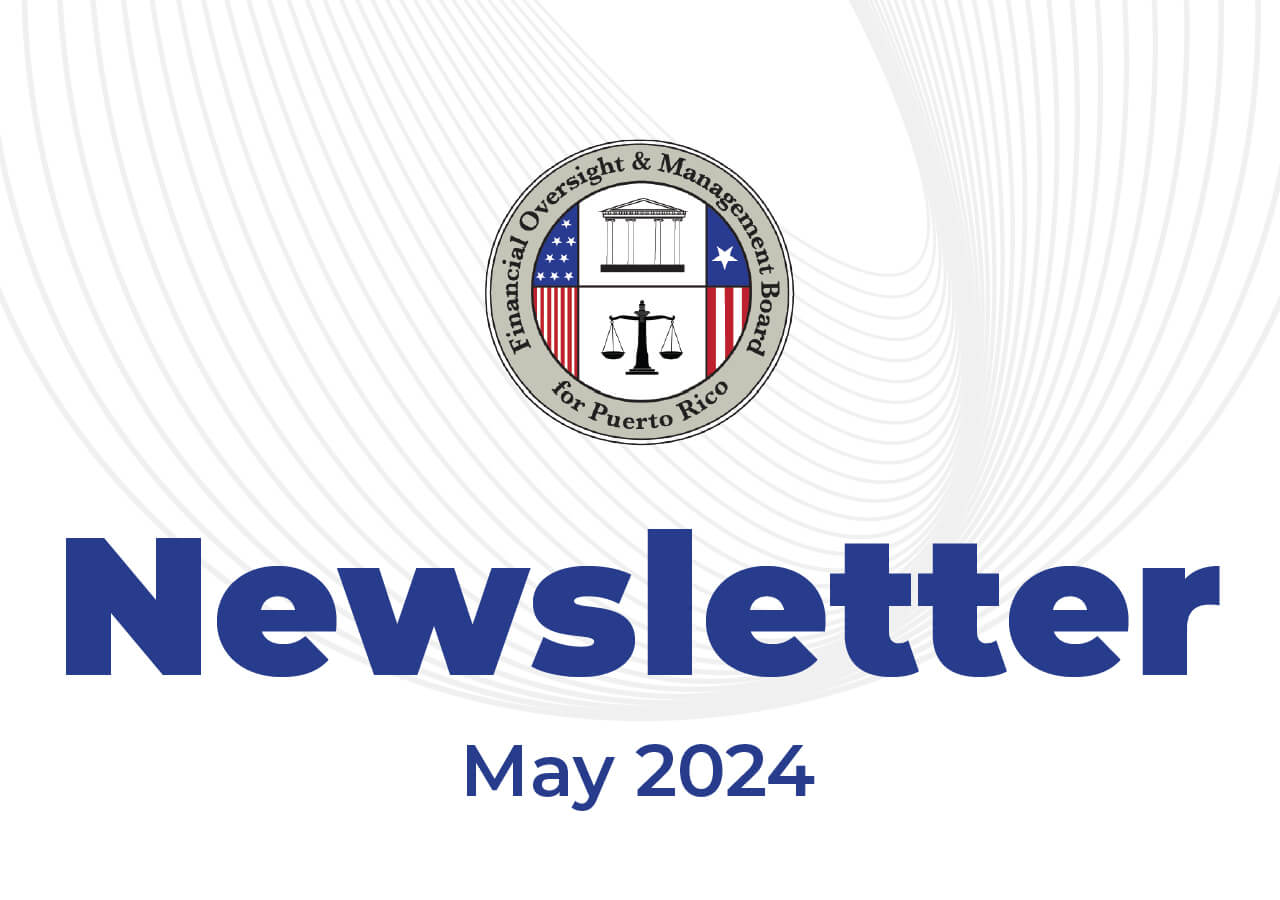As a key part of the Civil Service Reform (CSR) pilot taking place at Hacienda and the Office of Management and Budget (OGP), the FOMB’s Research & Policy office worked closely with officials from the aforementioned agencies and the Office of Human Resources Management and Transformation (OATRH) to develop an evaluation system that focused mostly on helping employees develop in their careers by identifying any skill gaps and providing tools to close said gaps.
“Mention ‘employee evaluation’ and most of us workers have a visceral gut reaction at first,” said Arnaldo Cruz, who heads the FOMB’s Research and Policy office and moderated the workshop. “We initially assume there’s a punitive element to it, instead of an opportunity to grow professionally.”
During a recent workshop held at Hacienda’s central office in San Juan, the heads of the agency’s various departments (such as Accounting and Information Technology, among others) discussed the results of a preliminary employee auto-evaluation process and subsequent supervisor evaluation. “More than 77% of employees completed the auto-evaluation, while 98% of supervisors completed the process. We never see such high engagement numbers for a pilot program of this type,” stressed Cruz.
The results were presented via detailed dashboards showing core competencies and the percentage of employees dominating each competency. The same metrics provide a macro picture of the agency’s strengths and areas to improve, as well as at the department and individual employee level. This standardizes the process and makes it easier and less time-consuming to carry out, Cruz explained.
The second half of the workshop discussed ways on how to carry out meaningful conversations with employees about their skill gaps and how to best address them. This interactive portion of the workshop underlined the importance of empathy and clarifying any questions employees may have in the process.
During their conversations, employees will have the opportunity to choose which skills and competencies they want to focus on strengthening. Based on the data generated by these talks, the program will then create an online course curriculum customized for each employee.
“A great part of that conversation between supervisor and employee will not only deal with any skill gaps the employee might have, but also ways to close those gaps through professional training,” Cruz continued. “Supervisors will also be able to precisely measure the impact of investments in employee training and identify which strategic areas to prioritize in their agency.”

